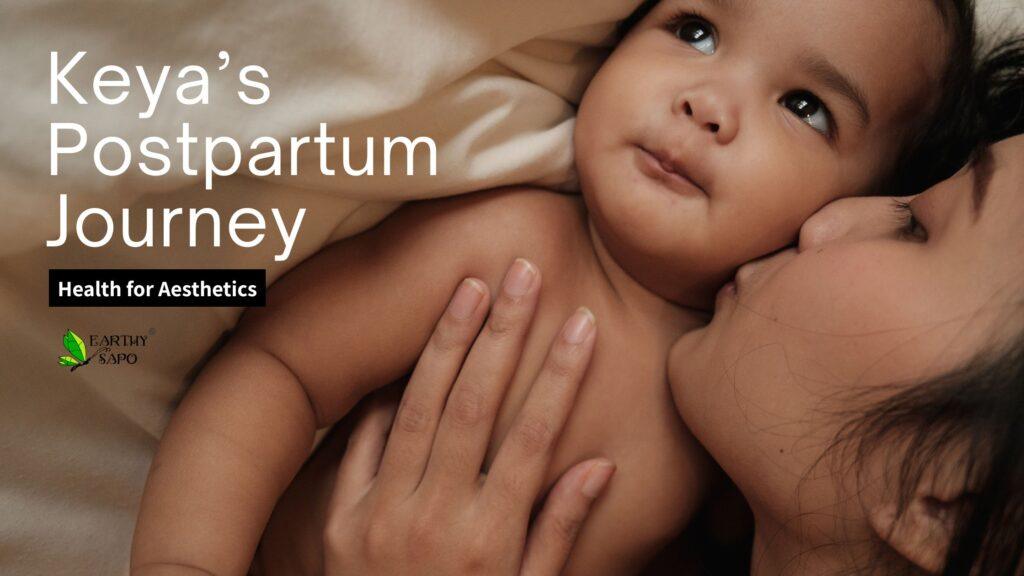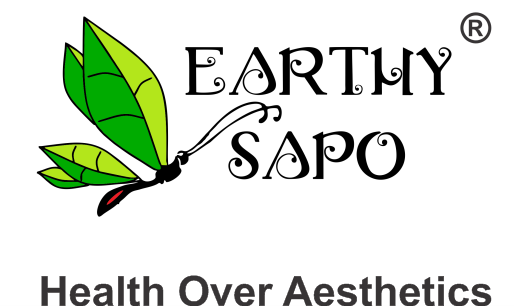Food & Nutrition, Health & Wellness, Personal Care
Keya’s Journey of Healing From Postpartum

As the first rays of sunlight crept through her bedroom window, Keya couldn’t help but feel a sense of emptiness wash over her. She had always dreamed of becoming a mother, cradling her newborn in her arms and feeling that overwhelming surge of love and joy. But instead, she was consumed by a deep despair that seemed to swallow her whole.
It had been three months since the birth of her baby boy, and Keya couldn’t shake the feeling that she was failing as a mother. She couldn’t find the energy to care for him, and she felt guilty for not cherishing the moments that should have been the happiest of her life. Instead, she would cry for no reason and had no appetite for food. She was stuck in a never-ending cycle of guilt and despair and didn’t know where to turn.
It took her weeks to reach out to her doctor finally, and when she did, she was diagnosed with postpartum depression – a condition that affects 1 in 9 women. But even with the diagnosis, Keya didn’t feel any better. Instead, she felt stuck in a dark hole with no way out.
That was until she met her therapist. Her therapist helped her understand that postpartum depression is not her fault but a result of hormonal changes after childbirth. Furthermore, she helped Keya realize that it is an illness that can be treated and that she does not have to suffer alone. Through therapy, Keya learned coping mechanisms to manage her feelings, and with the help of medication, she started to feel like herself again. She began to find joy in the small moments with her baby and felt like a good mother again.
Keya’s postpartum journey with this depression was not easy, but with help and support, she overcame it. She wants to share her story to let other women know they are not alone and that it can be treated. If you are a new mother struggling with feelings of sadness, guilt, or despair, please seek help. You are not alone and do not have to suffer in silence. Talk to your doctor, contact a therapist, or call a support line. With help, you can rise above postpartum depression and bask in the warmth of motherhood.
“Postpartum and Wellness”- What’s the Connection?
When it comes to postpartum depression and its effects on the skin and hair, it’s important to consider the complex interplay of hormones and stress that can occur during this time. During pregnancy, a woman’s hormones fluctuate dramatically; after delivery, they can take time to return to normal levels. This hormonal upheaval can impact the skin and hair, leading to acne, eczema, and rosacea. These skin conditions are caused by hormonal changes and increased oil production, which can clog pores and cause inflammation.
In addition to hormonal changes, postpartum depression can also cause stress, fatigue, and sleep deprivation, which can take a toll on the skin and hair. For example, stress can increase inflammation and worsen existing skin conditions, and fatigue can cause the skin to appear dull and tired. Lack of sleep can also lead to dark circles and puffiness around the eyes. Hormonal changes can also result in hair loss or thinning, as well as dry and brittle hair. This is due to decreased levels of estrogen, which is known to promote healthy hair growth. Additionally, stress and fatigue can impact hair health, making it more susceptible to breakage and damage.
Here are some Postpartum recovery tips for skin and hair health problems:
- Use gentle skincare products:
Choose products free from harsh chemicals and fragrances, which can irritate the skin.
- Hydrate:
Drinking plenty of water can help keep skin and hair hydrated, reducing the risk of dryness and breakage.
- Use a deep conditioning treatment:
Regularly using a deep conditioning treatment can help improve hair’s health and reduce the risk of breakage.
- Avoid heat styling:
Limit heat styling tools, such as hair dryers and curling irons, which can damage hair and make it more prone to breakage.
- Follow a healthy diet:
Consuming a diet rich in vitamins and minerals, such as vitamins A, C, and E can help improve skin and hair health.
- Avoid using harsh chemicals:
Avoid using products that contain harsh chemicals, such as sulfates, which can strip the hair and skin of natural oils, leading to dryness and irritation.
- Get enough sleep:
Aim for 7-8 hours of sleep each night to help the body recover and reduce the impact of fatigue on the skin and hair.
- Practice self-care:
Engage in relaxation and stress relief activities, such as meditation, yoga, or a warm bath.

